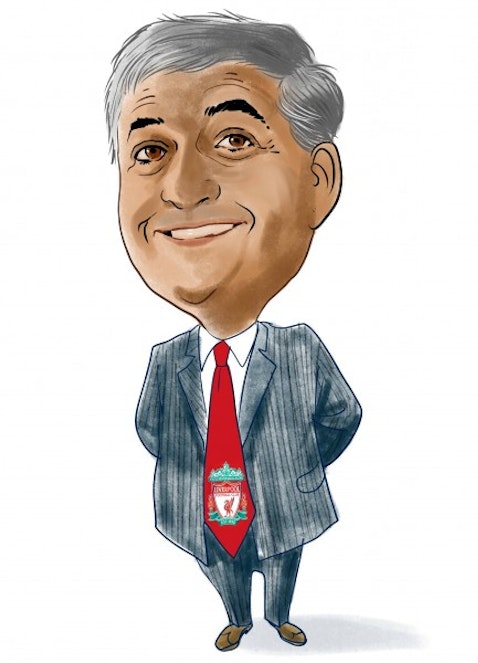Starwood Hotels & Resorts Worldwide, Inc (NYSE:HOT), perhaps unexpectedly for an upscale hotels company in an uncertain U.S. and global macroeconomic environment, has powered up about 12% so far this year and is roughly even with the S&P 500. Compared to a year ago the operator of brands such as W, Westin, Sheraton, and Four Points is up about 25%, beating the broader market. To some degree this is to be expected on a statistical basis: the market is up, and Starwood does have a beta of 2.1.
The company’s operations have been doing moderately well recently. In the second quarter of 2012, Starwood Hotels & Resorts Worldwide, Inc reported an increase in revenue of 13% compared to the second quarter of 2011. While revenue from hotels fell slightly, Starwood was able to match this decline with cost cutting and offset the revenue loss with increases in business for its vacation residence business. Operating income rose, and a small fall in net income was due entirely to a shift in income tax expense. Over the first half of the year, things look even better: revenue up 22%, again driven by strong performance in the vacation residence segment, and earnings per share rising from 82 cents to $1.27. Cash flow from operations has soared. The company’s foreign operations- particularly in Spain and Italy- have seen declines (these two geographies combined for 11.8% of revenue versus 13.2% in the first half of 2011), but Starwood has been doing very well in U.S. geographies such as New York City, Phoenix, and Hawaii.
For an $11 billion market cap company that seems to be experiencing good growth, the finance community is not very hot on Starwood Hotels and Resorts Worldwide, Inc. Sell-side analysts have consistently underestimated the company- it has three earnings beats of at least 10% in a row- and current consensus is for 2013 earnings to be slightly lower than the company has seen on a trailing basis: the trailing price-to-earnings ratio is 19 with a forward P/E of 20. These aren’t quite value levels, and continued growth depends on a stable economic environment, but we’ve seen what the company can do with weak U.S. growth and recessionary conditions in many European countries and don’t think it is a particularly risky company, especially if an investor already has positions in a number of defensive stocks. Starwood is also fairly well capitalized, with little debt compared to its market capitalization.
Jeffrey Vinik’s Vinik Asset Management and Clint Carlson’s Carlson Capital both more than doubled their positions in Starwood in the first quarter of the year. Vinik reported owning 1.8 million shares, up from about 700,000 at the end of last year but down from the 2.5 million the fund had owned at the end of Q1 2011 as Vinik had sold shares heavily through the rest of the year (see more portfolio activity at Vinik Asset Management). Carlson is following a similar pattern: while an increase since the beginning of 2012, the fund’s 1.4 million shares were roughly the same amount it had owned last summer (find other stock picks from Carlson Capital).
Hyatt (NYSE:H) and Marriott (NYSE:MAR) are the closest large-cap peers for Starwood, with Wyndham Worldwide(NYSE:WYN) being another possibility. Hyatt appears overpriced: its forward P/E is 42, over a longer time horizon the five-year PEG is 2.7, and its recent growth doesn’t suggest that Wall Street analysts are missing the obvious. Wyndham and Marriott have forward P/Es in the teens. However, Marriott’s is predicated on strong growth in 2013, as its trailing P/E is 63, and we are not sure that it has any particular advantage over Starwood in that area. Wyndham is a more attractive investment: though it operates hotels across market segments, from Wyndham to Super 8 and Days Inn, it has done well in recent quarters and posts P/E ratios of 20 and 15 on a trailing and forward basis, respectively. In other words, on a trailing basis it is priced even with Starwood but sell-side analysts expect its recent growth and not the upper-scale company’s to continue. Our guess is that isn’t the case and that Starwood is a better buy, particularly if paired with Hyatt, and if we wanted exposure to the “trading down consumer” we would look at retail as a way to express that investment thesis.
